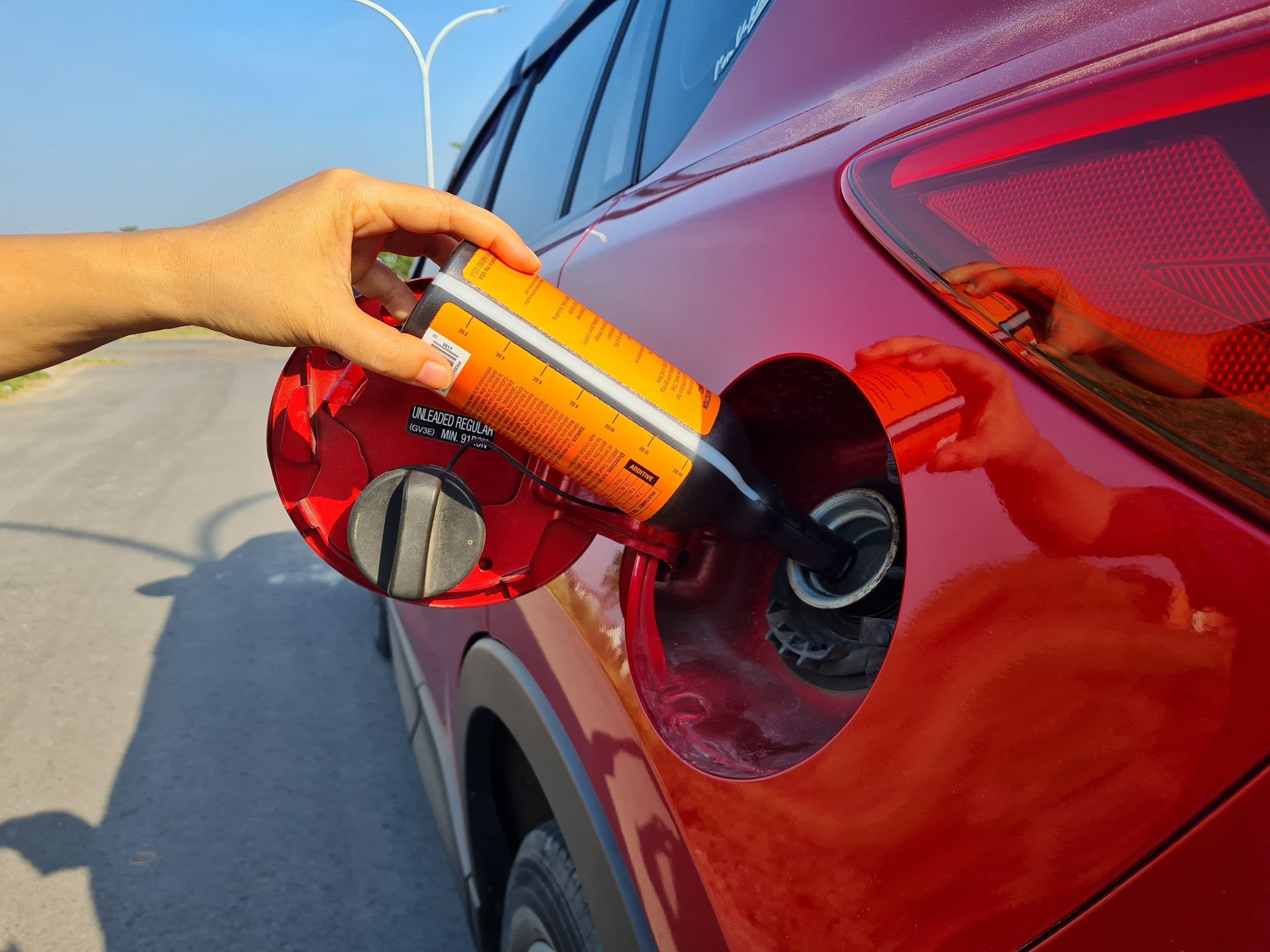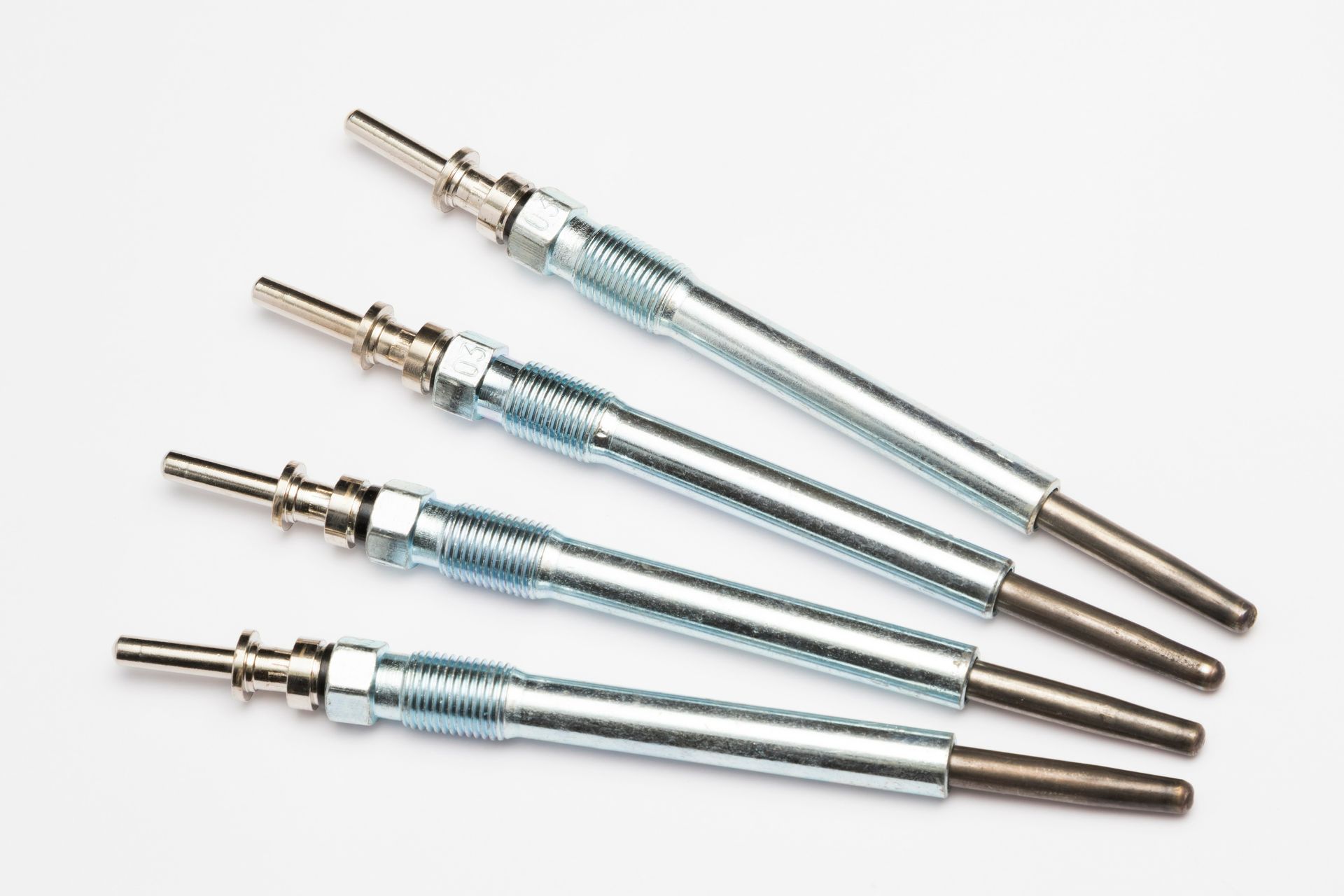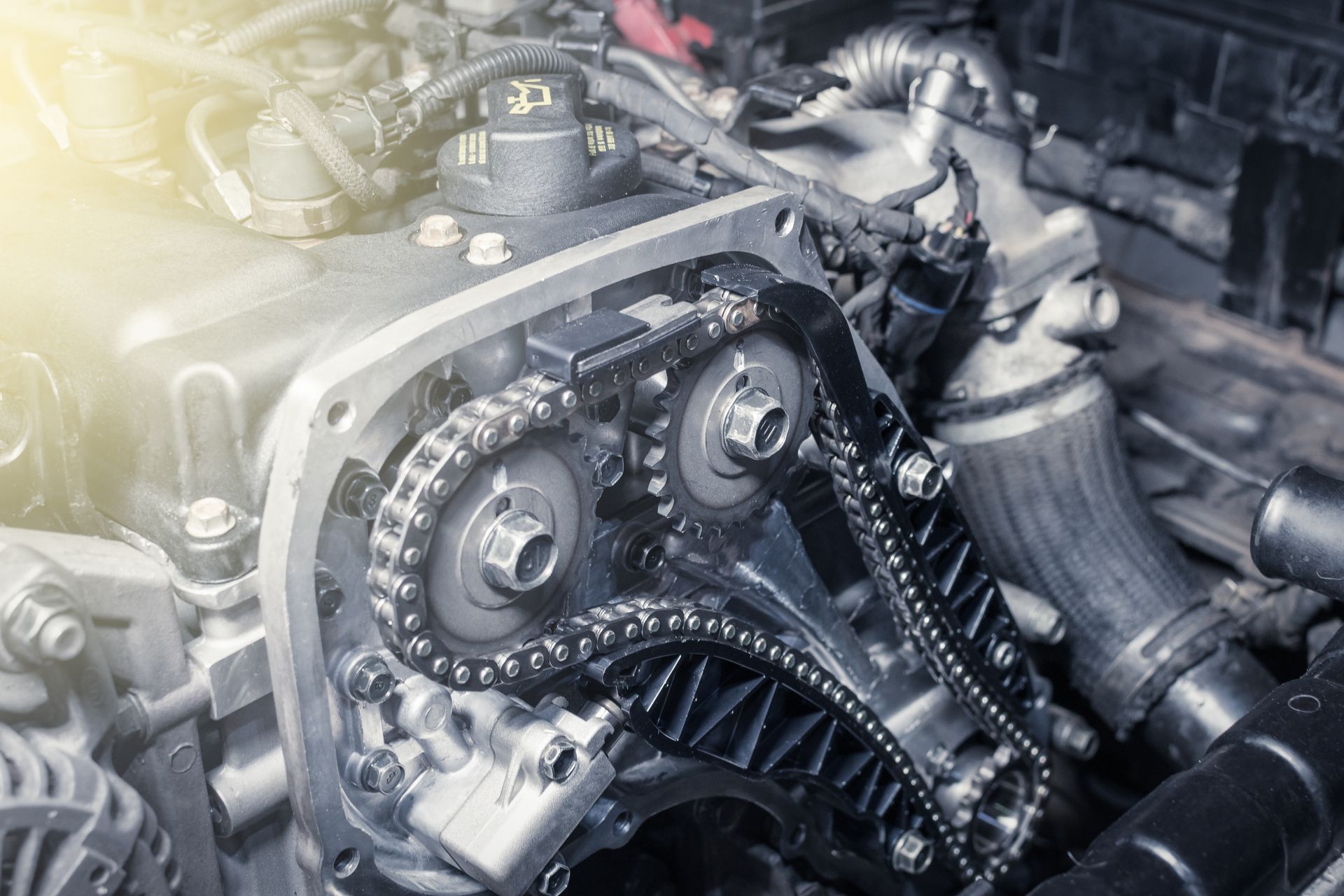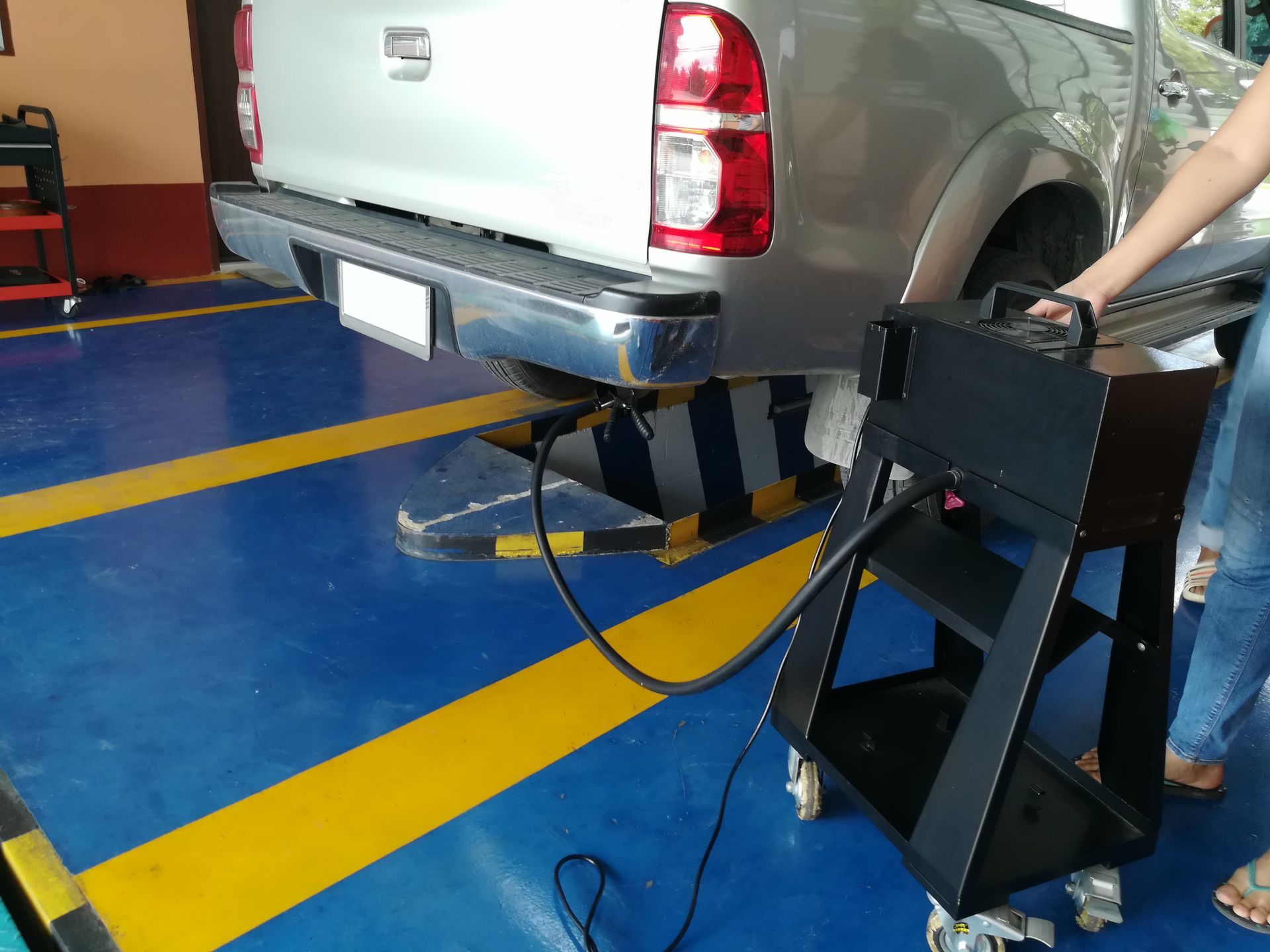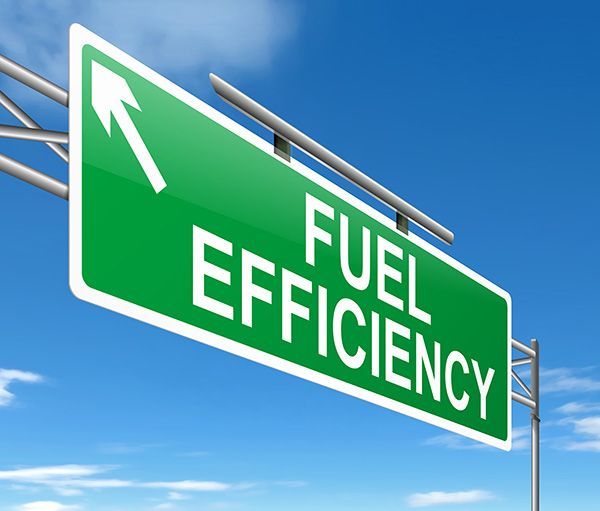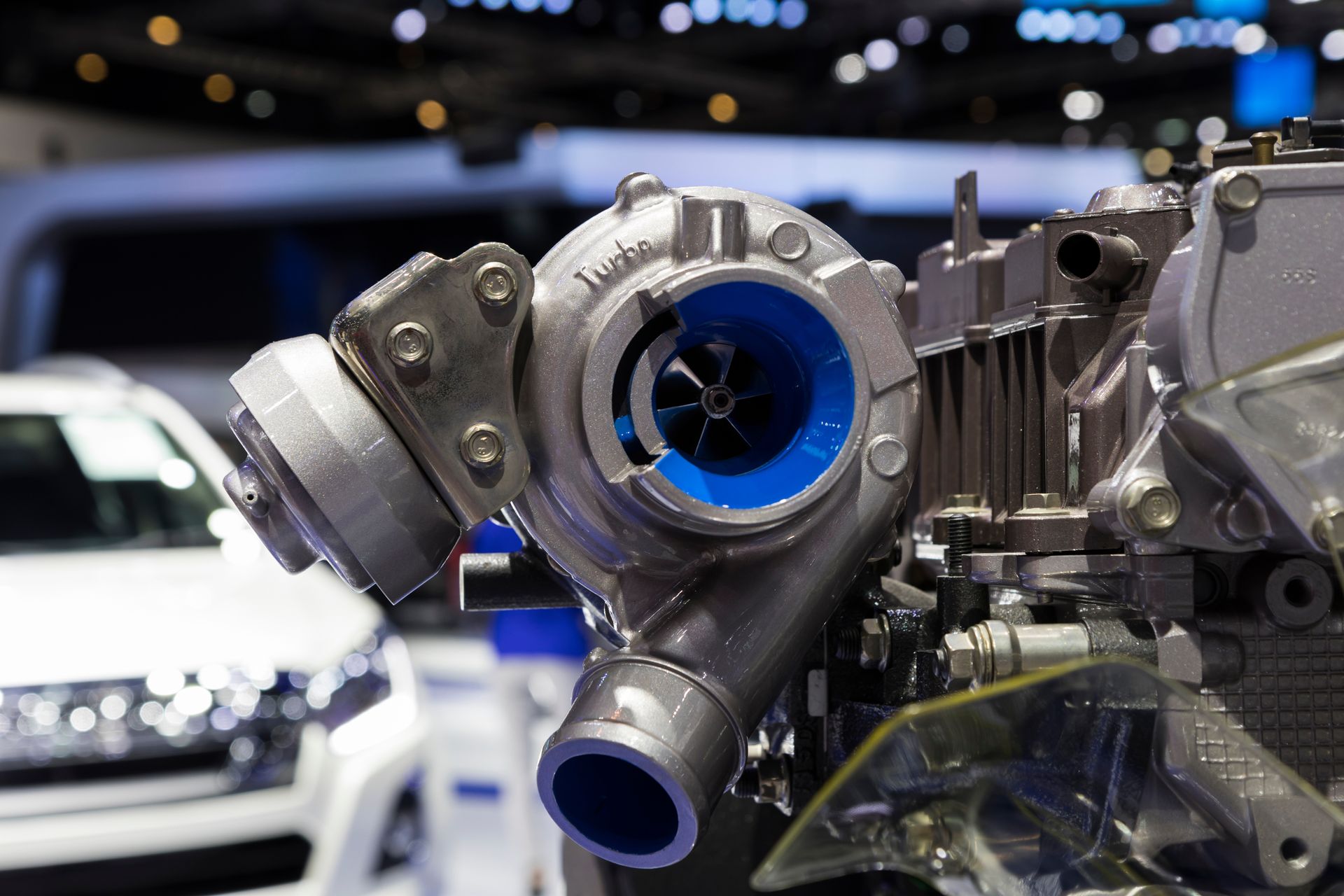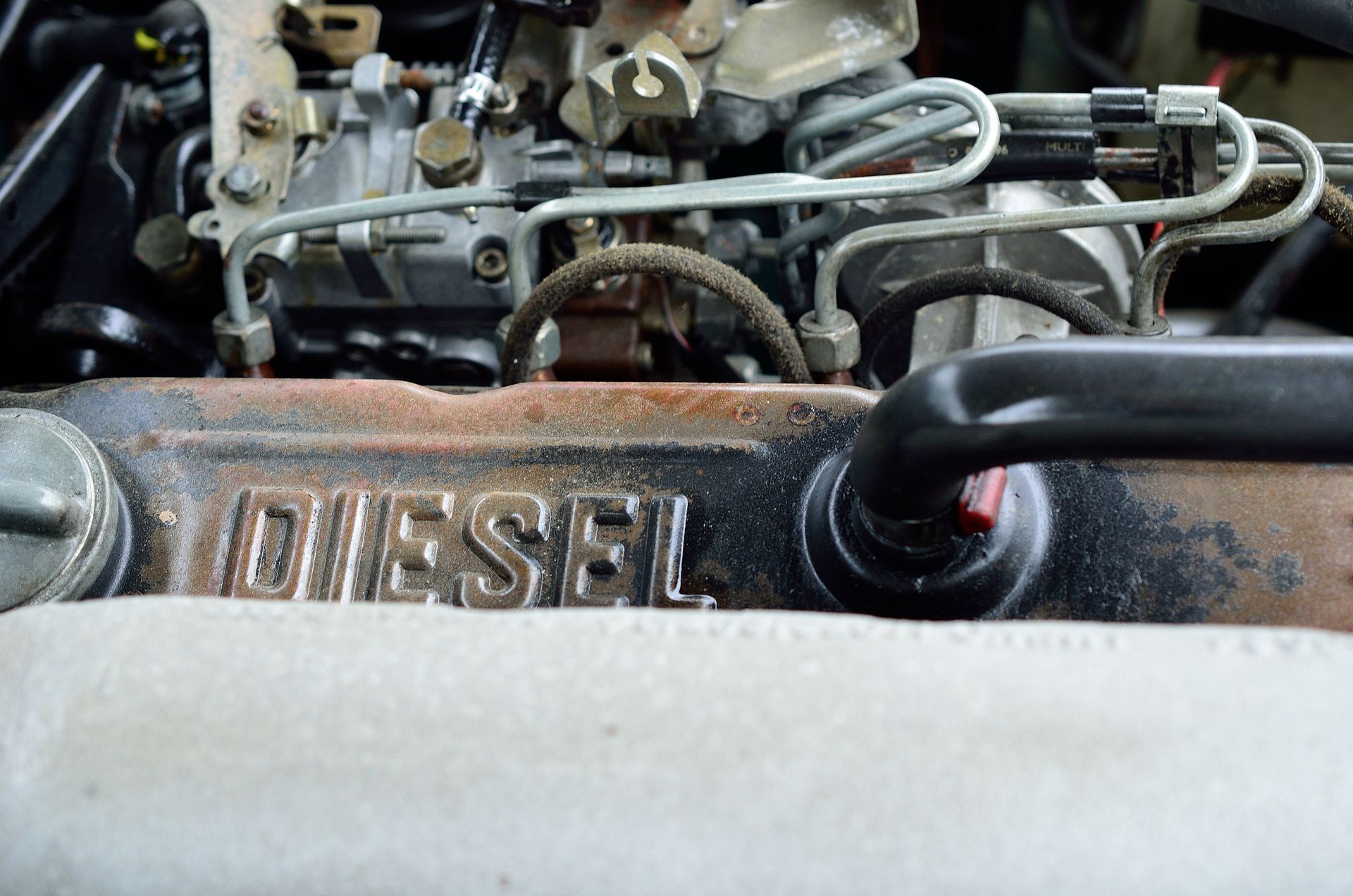You start up your diesel truck and notice a tapping sound that wasn’t there before. It might be subtle at idle or more pronounced as you rev the engine. Either way, it’s worth paying attention to. Diesel engines are known for their unique sounds, but a consistent tapping usually points to something that needs checking. Catching the cause early will save you from bigger problems in the future. What’s making that noise, and how concerned should you be?
Valve Train Noise
One of the most common causes of engine tapping is the valve train—the components that control the opening and closing of the intake and exhaust valves. In a diesel engine, the valve train is under a lot of stress, and over time, wear or misadjustment can lead to gaps between components. That gap creates a tapping sound as metal parts strike each other during operation.
This can happen due to:
- Loose or worn rocker arms
- Lash adjustment out of spec
- Worn lifters or pushrods
The tapping may start subtle and grow louder over time. If left unchecked, it can lead to reduced engine efficiency and increased wear on internal components.
Injector Noise
Diesel injectors operate under extreme pressure and can sometimes cause a distinct tapping or ticking sound, especially when one injector isn’t delivering fuel evenly. If the tapping coincides with engine misfires, rough idling, or poor fuel economy, a faulty injector might be the issue.
Injector problems don’t just affect performance—they can lead to unburned fuel washing down cylinder walls, damaging piston rings, and causing long-term internal wear. If you suspect injector trouble, it’s best to have the system tested before symptoms escalate.
Exhaust Leaks Near the Manifold
A small exhaust leak at the manifold or header flange can also sound like a metallic tap. As the hot exhaust gases escape under high pressure, they create a ticking or tapping noise that often mimics valve or injector noise.
This sound usually gets louder as the engine warms up and can be easier to hear near the wheel wells or when standing next to the hood. Exhaust leaks are dangerous not just because of the noise—they can allow carbon monoxide to enter the cabin and reduce turbocharger efficiency on diesel engines.
Piston Slap
A piston slap is a deeper, rhythmic tapping sound caused by the piston moving slightly sideways in the cylinder. It often occurs during cold starts, especially on older or high-mileage diesel engines. While some piston slap is considered normal in certain diesel engines, excessive or persistent noise could indicate worn piston skirts or cylinder walls.
If the sound fades as the engine warms up, it may not be an immediate concern. But if it’s consistent or getting worse, it’s time for an inspection.
Loose Components or Accessories
Not all tapping sounds are internal. Sometimes a loose bracket, heat shield, or accessory pulley can create a metallic rattle or tapping sound that seems like it’s coming from the engine. These noises can be surprisingly loud and may change with engine RPM or road conditions.
Before assuming the worst, a technician will always check for external causes first, especially if the engine performance seems unaffected.
Get Your Truck Checked
Diesel engines are built tough, but they’re not invincible. If you hear a new noise—especially one that’s consistent, getting louder, or tied to changes in performance—it’s time to have it looked at.
Don’t wait for the tapping to become a knocking sound. Catching the issue early can save you thousands in potential repairs and keep your truck running strong.
Deer Park Diesel – Diesel Engine Diagnostics and Repair in Clayton, WA
If your diesel truck is making unusual tapping sounds, bring it to
Deer Park Diesel in Clayton, WA. We specialize in diesel pickup diagnostics, maintenance, and repair. Our technicians understand the unique sounds and signs of diesel engine wear and will pinpoint the source of the noise quickly and accurately.

